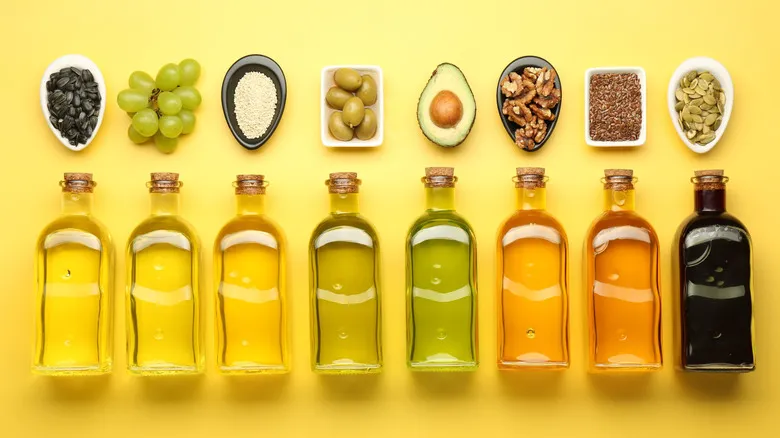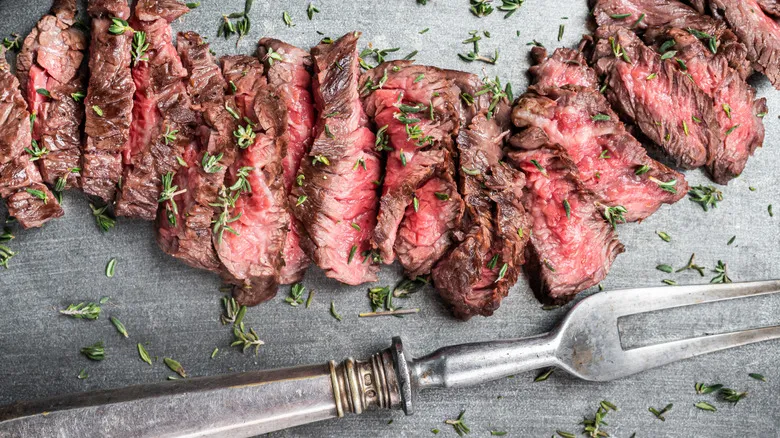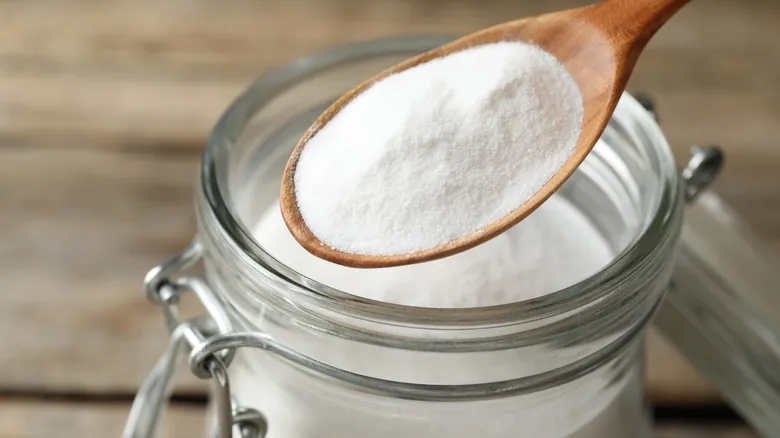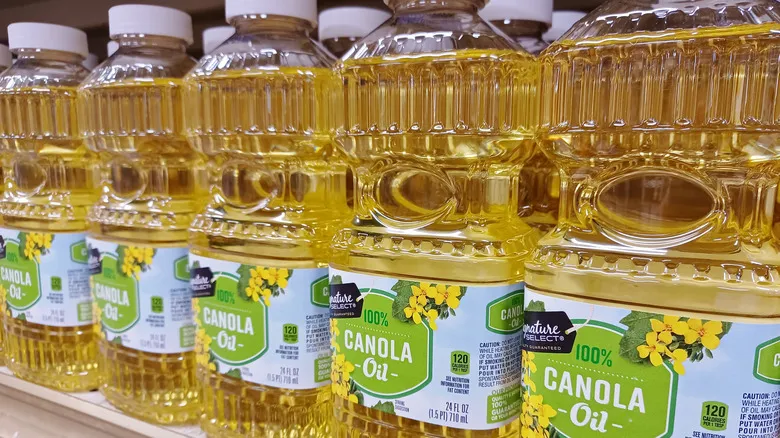Canola is unlike any other oil

When gazing at those expansive yellow fields filled with canola plants, one might think that this crop has been cultivated for centuries. However, what’s truly remarkable is that canola oil (short for Canada oil low acid) has only existed for about fifty years.
The plant itself (Brassica napus) was created by a group of Canadian plant breeders who crossbred various rapeseed varieties to lower the erucic acid content to below 2%. This innovation led to the development of a crop that has become a preferred choice for farmers around the globe.
Canola oil is celebrated for its mild taste, making it the perfect neutral cooking oil. It’s an excellent choice when you want to maintain the dish's original flavor without the oil interfering with the final taste. Additionally, it contains less saturated fat compared to other cooking oils. With a high smoke point of around 450 degrees Fahrenheit, it’s also ideal for high-temperature cooking.
Moreover, canola oil provides more than just basic cooking advantages. Surprisingly, for a crop developed in a lab, it is quite rich in omega-3 fatty acids, which are beneficial for both brain and heart health. It can even aid in lowering LDL cholesterol levels.
What is vegetable oil?

When discussing vegetable oil, it's essential to understand that there isn't just one type. The term encompasses all oils derived from plants, including soybean, sunflower, avocado, or a combination of various oils. If you opt for a blend, it can be challenging to know exactly what you're using. Most vegetable oils are primarily made from soybean oil and are occasionally mixed with corn oil.
Vegetable oil is generally light in color, odorless, and has a relatively mild flavor. Similar to canola oil, it won't dominate the taste of your dishes. You can use vegetable oil for dips, homemade mayonnaise, or any high-heat cooking due to its high smoke point of approximately 450 degrees Fahrenheit. However, it's important to note that, unlike canola oil, vegetable oil contains a higher level of saturated fat. Excessive consumption can elevate LDL cholesterol levels in your blood, increasing the risk of heart disease and stroke.
Cooking with canola and vegetable oil

The primary distinctions between canola oil and vegetable oil lie in their sources and saturated fat levels. Beyond that, they are quite alike and can even be blended together. If you sample each oil individually—perhaps by dipping bread into them or drizzling them on salads—you may detect subtle differences due to the various plants from which they are derived.
However, when it comes to cooking—unless you possess an extraordinary sense of smell—these differences are nearly imperceptible, as both oils have a neutral flavor. You can easily substitute one for the other in your recipes without worrying about altering the taste.
Lastly, always check the expiration date and store your oils correctly, in a cool, dry place away from light. Failing to do so may lead to rancidity, causing the fats to break down and your pantry to emit an unpleasant crayon-like odor.
Recommended

How Yogurt Tenderizes Even The Toughest Steaks

The Magical Transformation Baking Soda Has On Regular Noodles

Why Reheating Leftover Eggs Is Almost Always A Bad Idea

Baking Soda Is The Secret To The Creamiest Hummus Ever
Next up

